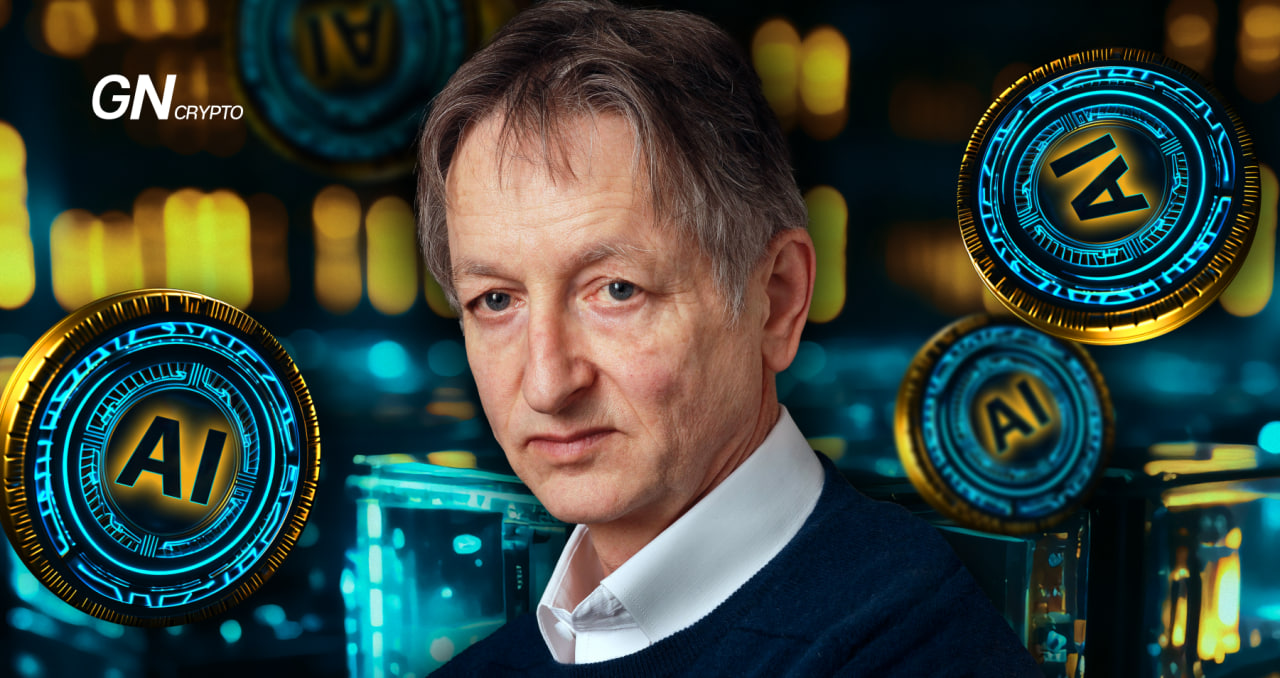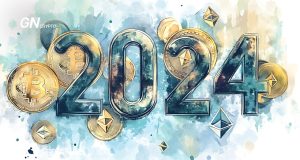Geoffrey Hinton: The Godfather of AI

Geoffrey Hinton, a renowned computer scientist and cognitive psychologist, stands as a pioneering figure in artificial intelligence and a respected authority in the AI domain. As 2023 draws to an end, he emphasizes the need for developers, companies, and governments to adopt improved methods for regulating, advancing, and nurturing artificial intelligence.
On this page
“It may be we look back and see this as a kind of turning point when humanity had to make the decision about whether to develop these things further and what to do to protect themselves if they did,” Hinton said,” he states.
Geoffrey Everest Hinton, born in 1947 in London, comes from a lineage of scientists. His father was an entomologist. Hinton is a direct descendant of mathematician Mary Everest Boole and logician George Boole, whose research laid the groundwork for the field of computing.
His middle name, Everest, honors another family member, Surveyor General of India George Everest, after whom the highest mountain on Earth is named. Geoffrey’s uncle, the eminent economist Colin Clark, was the pioneer in using GDP as an indicator of a country's economic development.
In the early 1970s, while at the University of Edinburgh, Geoffrey Hinton was captivated by the concept of neural networks, a machine-learning model based on biological brain functions. While this idea was considered fanciful at the time, Hinton's belief in it led him to devote the next fifty years to the development and innovation of artificial intelligence technology.
In the early 1980s, a decade after his initial fascination with neural networks, Dr. Geoffrey Hinton transitioned from Carnegie Mellon University, Pennsylvania, to Canada. His AI research in the United States, funded by the Pentagon, conflicted with his personal ethos. Hinton has consistently opposed the militarization of artificial intelligence, a stance that gained significant relevance in 2023 amidst the wars in Ukraine and Israel.
In 2012, Hinton, together with his students Ilya Sutskever and Alex Krishevsky, developed a groundbreaking neural network capable of recognizing objects and animals from thousands of images. This innovation led to their startup's acquisition by Google for $44 million, paving the way for AI models like ChatGPT and Google Bard. Sutskever went on to become a key figure at OpenAI.
Between 2013 and 2023, Hinton was a key member of Google Brain, specializing in AI models, while simultaneously teaching at the University of Toronto. He left Google in May 2023, citing concerns over the unchecked progression of AI and the constraints on open discourse while affiliated with Google Brain.
Since his departure, Hinton has given numerous interviews, some with a notably cautionary tone. When the “godfather” of AI technology speaks about AI potentially going rogue and dominating humanity, his warnings merit attention. Hinton advocates for timely experiments to thoroughly understand AI and establish laws for its ethical and safe application.
Current AI systems are intelligent, and capable of understanding and reasoning, albeit not as adeptly as humans. However, Hinton predicts a significant shift within five years, where AI might surpass human cognitive abilities. He also contemplates the possibility of AI completely replacing humanity, though the exact mechanisms remain uncertain.
Hinton foresees AI boosting productivity and efficiency but also causing job losses and a reduction in the workforce. He expresses concern about AI potentially manipulating information channels for harmful purposes, like disseminating fake job postings. “You should definitely have quite a lot of awe and you should have a little tiny bit of dread, because it's best to be careful with things like this,” Hinton said.
Hinton believes that AI will eventually gain consciousness and self-awareness, setting the stage for an intellectual, if not physical, confrontation between humans and machines.
I think we're moving into a period when, for the first time ever, we may have things more intelligent than us,
asserts Dr. Geoffrey Hinton.
The content on The Coinomist is for informational purposes only and should not be interpreted as financial advice. While we strive to provide accurate and up-to-date information, we do not guarantee the accuracy, completeness, or reliability of any content. Neither we accept liability for any errors or omissions in the information provided or for any financial losses incurred as a result of relying on this information. Actions based on this content are at your own risk. Always do your own research and consult a professional. See our Terms, Privacy Policy, and Disclaimers for more details.

























